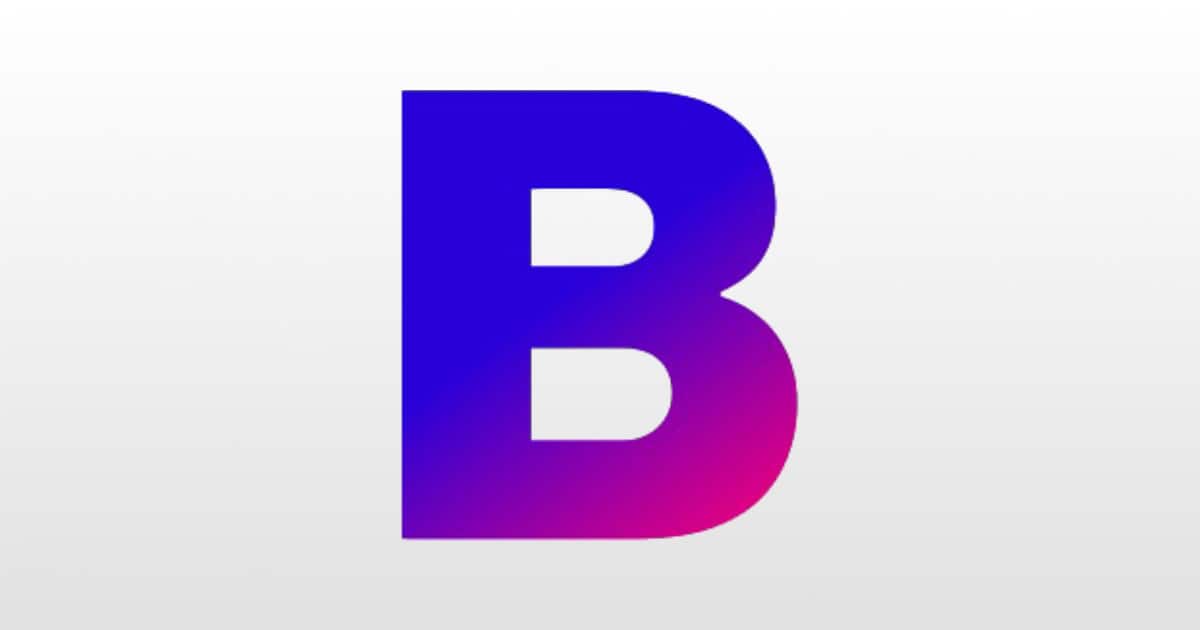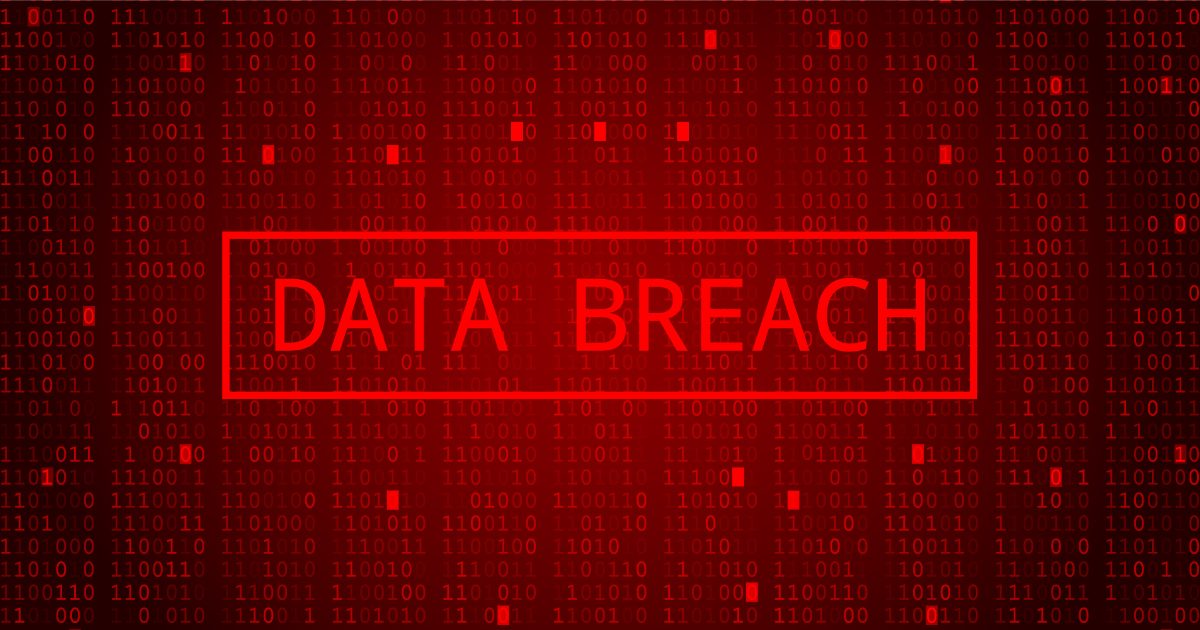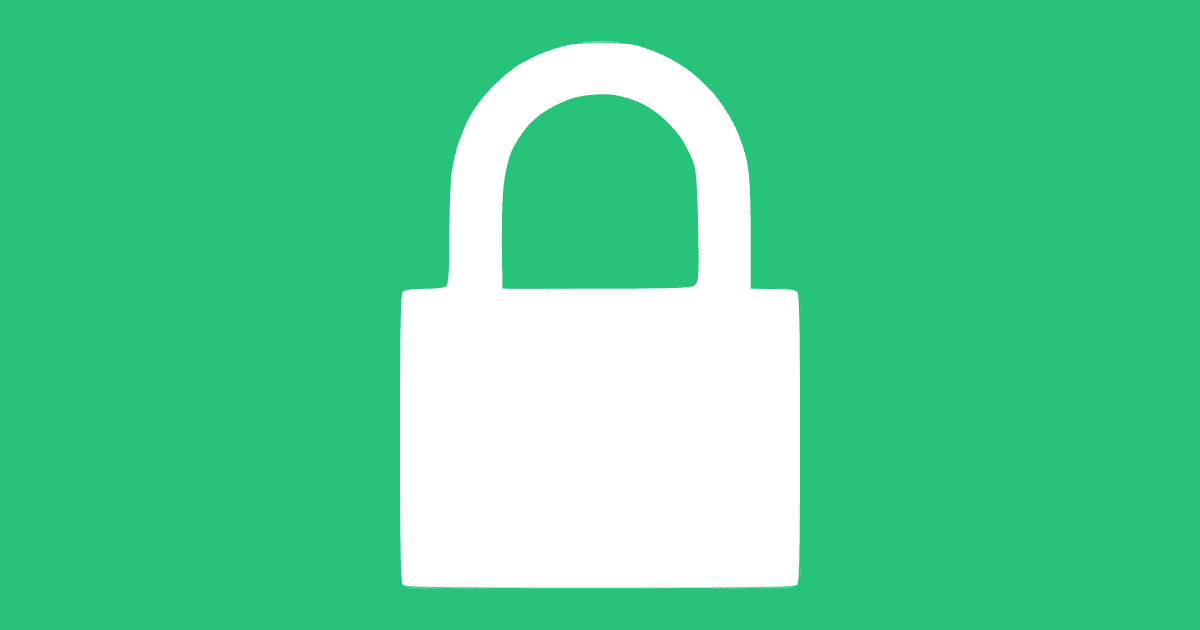Documents reveal that New York City law enforcement has a partnership with Cellebrite to hack iPhones.
Previously, if law enforcement wanted to get into newer devices, they had to send the phones to one of Cellebrite’s digital forensics labs, located in New Jersey and Virginia. But Cellebrite’s new UFED Premium program gave law enforcement the ability to “unlock and extract data from all iOS and high-end Android devices” on their own, using software installed on computers in their offices.
I’ve always wondered if eventually Apple will remove the Lightning port from the iPhone once wireless charging becomes the norm. Side effects may include better waterproofing and worsened hacking.


















